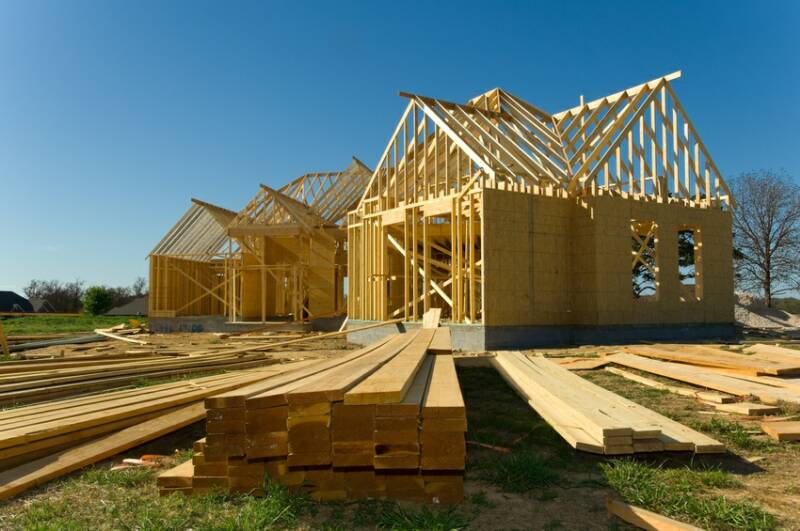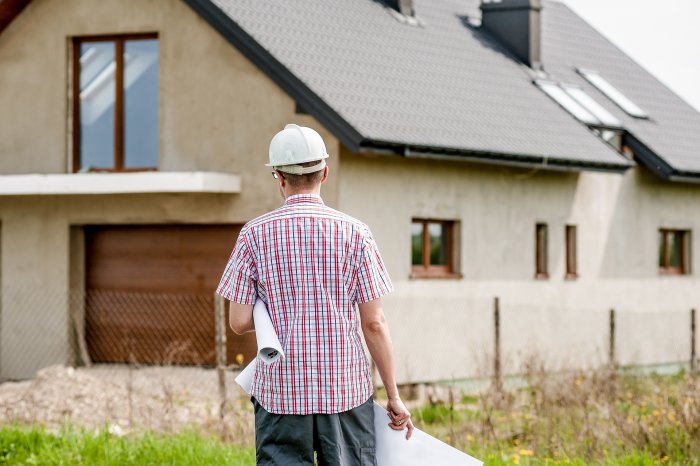Construction permit procedures slow home building, says expert

Bureaucratic permit procedures and a capacity shortage in the industry are causing delays to numerous smaller residential projects, Tibor Földi, CEO of Cordia, a leading residential real estate developer and member of the Futureal Group, commented on October construction figures released today by the Central Statistical Office (KSH).
In a commentary sent today to the Budapest Business Journal, Cordia notes that following growth between July and September, output in the segment of construction of buildings declined again in October on an annual basis, by 7.2%, according to figures on the construction industry released today by the Central Statistical Office (KSH).
The KSH data reveal that the value of contracts signed in October for the construction of buildings (HUF 46.5 billion) falls short of the figure in September, while not even reaching half of the total recorded one year earlier, while the value accumulated since the beginning of the year, i.e. in the January-October period, shows a 4.1% decline on the corresponding period of 2015.
Földi notes that "based on information from subcontractors in the home-building sector, orders from both private home-builders and enterprises are increasing significantly and continuously." The fact remains, however, that difficulties with building permit-granting procedures and a lack of capacity in the construction industry mean that many smaller residential real estate development projects are struggling to get off the ground, he adds.
Földi believes that the stronger positive impact of the building of new homes may become apparent in construction statistics in 2017, but this effect may yet be dampened by excessively bureaucratic permit procedures and the fact that the aforementioned capacity shortage means that residential projects of certain smaller or medium-sized residential developers without adequate references cannot even get started.
"It would help the construction industry if the so-called 300 square-meter rule were to be extended to larger developments as well," stresses Földi, referring to the construction law, in force since the start of the year, that specifies that those building new residential buildings of no more than 300 square meters of total useful space need only signal their intention to the relevant construction authorities, without the need to secure building permission.
In the opinion of the Cordia CEO, official approval of construction of larger buildings is more transparent and predictable in Poland and Romania, contributing to improved performance of the construction industry in those countries.
Cordia describes itself in the commentary as a member of the strongly capitalized, Hungarian-owned Futureal Group, one of the largest real estate development and investment groups in the Central European region. Cordia claims to be Hungaryʼs leading residential property developer, with numerous projects either completed or in progress in Hungary, as well as in Romania and Poland.
In Hungary, Cordia is currently working on developments in downtown Budapest, as well as in the garden districts of both Buda and Pest. Of eight projects announced so far, construction on four has already begun, involving 900 new homes of the total planned 1,660, a figure which the company describes as "uniquely high" among property developers in Hungary.
SUPPORT THE BUDAPEST BUSINESS JOURNAL
Producing journalism that is worthy of the name is a costly business. For 27 years, the publishers, editors and reporters of the Budapest Business Journal have striven to bring you business news that works, information that you can trust, that is factual, accurate and presented without fear or favor.
Newspaper organizations across the globe have struggled to find a business model that allows them to continue to excel, without compromising their ability to perform. Most recently, some have experimented with the idea of involving their most important stakeholders, their readers.
We would like to offer that same opportunity to our readers. We would like to invite you to help us deliver the quality business journalism you require. Hit our Support the BBJ button and you can choose the how much and how often you send us your contributions.









